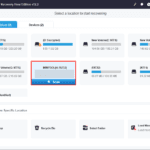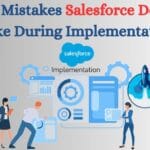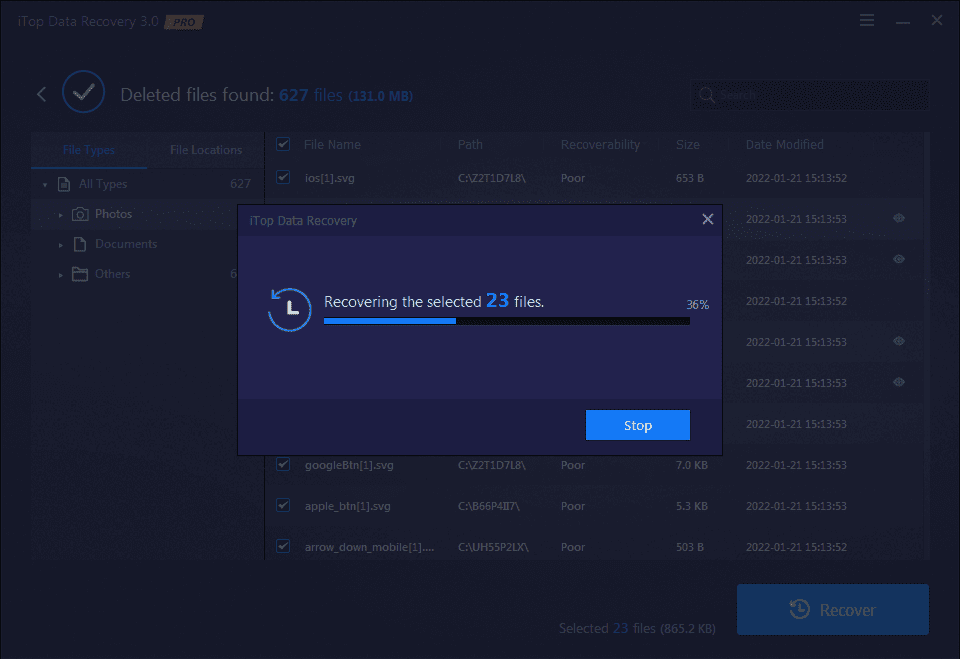
Managing commercial properties involves juggling numerous tasks, from lease management to maintenance and tenant relations. These responsibilities can become overwhelming, especially as portfolios grow, leading to inefficiencies and reduced profitability. That’s where commercial property management software steps in to streamline operations, reduce costs, and maximize returns. In this article, we’ll explore how this technology improves ROI (Return on Investment) for commercial property owners and managers.
1. Streamlining Operations and Reducing Overheads
Manual processes are not only time-consuming but also prone to errors, leading to unnecessary costs. Commercial property management software automates routine tasks like rent collection, tenant communication, and maintenance scheduling.
- Automation reduces administrative costs: Automated rent invoicing, reminders, and payment tracking cut down on labor-intensive processes.
- Task prioritization improves efficiency: Maintenance requests and vendor assignments can be tracked and resolved more efficiently.
By streamlining operations, property managers save time and resources, directly contributing to higher ROI.
2. Enhancing Lease Management
Lease agreements are the backbone of commercial property management. Software solutions improve lease management by providing:
- Automated lease tracking: Get alerts for upcoming renewals or expirations, ensuring no revenue loss due to lapses.
- Dynamic rent adjustments: Manage escalations and rent reviews effortlessly.
- Document storage and retrieval: Maintain all lease documents in a centralized, easily accessible system.
Effective lease management minimizes vacancies and ensures consistent cash flow, boosting profitability.
3. Optimizing Space Utilization
Commercial properties often include diverse spaces such as offices, retail units, and warehouses. Property management software helps optimize these spaces through:
- Interactive floor plans: Visualize occupancy and identify opportunities for space optimization.
- Utilization analytics: Track how different spaces are being used and adjust strategies to maximize revenue.
- Short-term leasing management: Easily manage temporary leases or event spaces to fill gaps.
By maximizing the usage of every square foot, property owners can increase revenue and improve ROI.
4. Improving Tenant Retention
Happy tenants are the foundation of a successful commercial property business. Tenant turnover can result in lost income and additional expenses for acquiring new tenants. Commercial property management software enhances tenant satisfaction with:
- Tenant portals: Allow tenants to submit maintenance requests, view payment history, and communicate with management effortlessly.
- Prompt maintenance resolutions: Track and resolve maintenance issues faster, ensuring tenant comfort.
- Regular updates and notifications: Keep tenants informed about events, upgrades, or policies.
A high tenant retention rate ensures steady income and reduces the costs associated with vacancies and marketing new leases.
5. Providing Financial Insights and Forecasting
Understanding the financial health of your property portfolio is crucial for improving ROI. Commercial property management software provides:
- Real-time financial dashboards: Monitor income, expenses, and profitability at a glance.
- Customizable reports: Generate detailed reports for budgeting, forecasting, and compliance purposes.
- Data-driven insights: Use analytics to identify trends, such as high vacancy rates or maintenance costs, and address them proactively.
These insights enable property managers to make informed decisions, allocate resources effectively, and maximize returns.
6. Facilitating Scalability and Portfolio Growth
As your portfolio grows, so do the complexities of managing multiple properties. Commercial property management software ensures scalability by:
- Centralizing management of all properties under one platform.
- Offering cloud-based access for seamless collaboration across teams and locations.
- Integrating with third-party tools for advanced capabilities like marketing, accounting, or legal compliance.
This scalability allows property managers to expand their portfolio without proportional increases in overhead, improving ROI over time.
7. Reducing Legal and Compliance Risks
Legal issues and compliance failures can lead to fines, lawsuits, and reputational damage. Commercial property management software minimizes risks by:
- Tracking compliance requirements: Ensure timely inspections, certifications, and document submissions.
- Lease agreement standardization: Use templates to create legally compliant lease documents.
- Audit trails: Maintain a detailed history of transactions and communications for reference during disputes.
Avoiding legal complications protects your revenue and preserves long-term profitability.
Conclusion
Investing in commercial property management software is not just about modernizing your operations; it’s a strategic decision to enhance profitability. By automating tasks, improving tenant satisfaction, optimizing space utilization, and providing actionable financial insights, these tools directly impact ROI.
Whether you’re managing a single property or a diverse portfolio, leveraging the power of technology ensures efficiency, scalability, and higher returns. Make the shift today and unlock the full potential of your commercial property investments.
Ready to boost your ROI? Explore leading commercial property management software solutions now!








